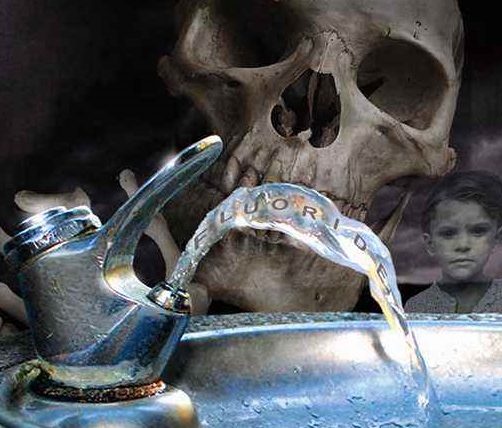 Parler
Parler Gab
Gab
Japanese vaccine rollout hampered by logistical concerns
Many others in Japan are skeptical of this extra requirement but this not because of any scientific reasons. Rather, they're skeptical because public health authorities want to enact wide-scale coronavirus vaccinations in time for the postponed Olympics. Japan is already the last industrialized country in the world to begin a mass vaccination campaign. Any future rollout of vaccines will be further hampered by a lack of proper containers that can keep vaccines at their required temperatures. This is on top of the difficulties the country is having in recruiting medical staff. Prime Minister Yoshihide Suga said that an efficient rollout of coronavirus vaccines is necessary to hold a successful Olympics following its postponement. Medical workers are expected to get their shots by the end of February. This will signal the start of Japan's vaccination campaign. This just leaves Japan with around 145 days to inoculate the entire population before the Games officially start on July 23. This means that the country has to deliver around 870,000 shots of the vaccines per day. "The government's plan puts a big burden on individual municipalities to give out the vaccines," said Koji Wada, a government advisor. "Big metropolitan areas like Tokyo may have the infrastructure to roll out the vaccinations smoothly, but more rural areas … could have more difficulty." Japan intends to vaccinate all of its medical staff first, followed by the elderly. Local governments will mail out COVID-19 vaccination vouchers to elderly citizens. These will are then responsible for making their own appointments at designated vaccination clinics. Assuming that Japan is able to overcome all of these hurdles, it still has to deal with the fact that only about 65 percent of the population wants the COVID-19 vaccine, according to local polls. While Ishii claims that it is the job of scientists like himself to persuade the other 35 percent to get inoculated, he also places the blame on why vaccine confidence is so low on the people and not on the Japanese government. "Everyone in Japan has to change their mentality," said Ishii. "This is not a government problem, this is the people's problem. We have to help the government to make it a success." Learn more about the rollout of coronavirus vaccines in Japan and other countries by reading the latest articles at Vaccines.news. Sources include: FT.com Reuters.comStudy shows antioxidants in cheese may protect blood vessels from salt damage
By Rose Lidell // Share
Supplementing with vitamin D found to improve blood pressure in overweight children
By Zoey Sky // Share
Deborah Birx hid covid info from Trump, altered CDC guidelines without approval
By Ethan Huff // Share
Germany’s birth rate improbably falls by 11% in the first quarter of 2022
By Lance D Johnson // Share
By Mary Villareal // Share
Turmeric neutralizes deadly viral infections, study suggests
By newseditors // Share
Gold reaches all-time high amid escalating trade tensions
By willowt // Share











